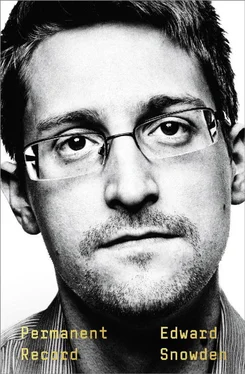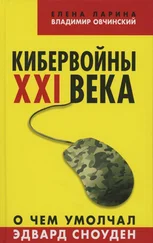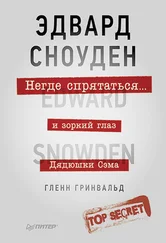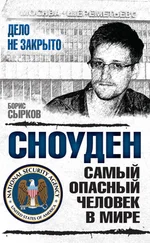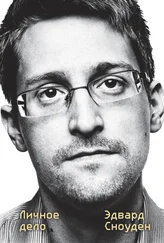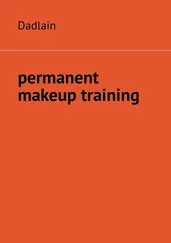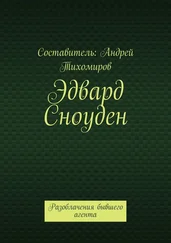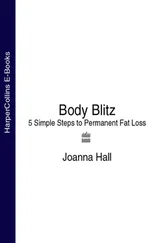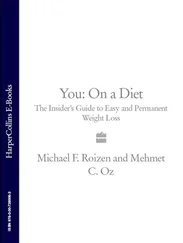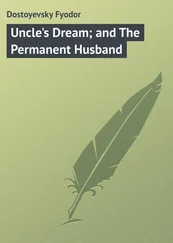This was the beginning of surveillance capitalism, and the end of the Internet as I knew it.
Now, it was the creative Web that collapsed, as countless beautiful, difficult, individualistic websites were shuttered. The promise of convenience led people to exchange their personal sites—which demanded constant and laborious upkeep—for a Facebook page and a Gmail account. The appearance of ownership was easy to mistake for the reality of it. Few of us understood it at the time, but none of the things that we’d go on to share would belong to us anymore. The successors to the e-commerce companies that had failed because they couldn’t find anything we were interested in buying now had a new product to sell.
That new product was Us.
Our attention, our activities, our locations, our desires—everything about us that we revealed, knowingly or not, was being surveilled and sold in secret, so as to delay the inevitable feeling of violation that is, for most of us, coming only now. And this surveillance would go on to be actively encouraged, and even funded by an army of governments greedy for the vast volume of intelligence they would gain. Aside from log-ins and financial transactions, hardly any online communications were encrypted in the early twenty-aughts, which meant that in many cases governments didn’t even need to bother approaching the companies in order to know what their customers were doing. They could just spy on the world without telling a soul.
The American government, in total disregard of its founding charter, fell victim to precisely this temptation, and once it had tasted the fruit of this poisonous tree it became gripped by an unrelenting fever. In secret, it assumed the power of mass surveillance, an authority that by definition afflicts the innocent far more than the guilty.
It was only when I came to a fuller understanding of this surveillance and its harms that I became haunted by the awareness that we the public—the public of not just one country but of all the world—had never been granted a vote or even a chance to voice our opinion in this process. The system of near-universal surveillance had been set up not just without our consent, but in a way that deliberately hid every aspect of its programs from our knowledge. At every step, the changing procedures and their consequences were kept from everyone, including most lawmakers. To whom could I turn? Who could I talk to? Even to whisper the truth, even to a lawyer or a judge or to Congress, had been made so severe a felony that just a basic outlining of the broadest facts would invite a lifetime sentence in a federal cell.
I was lost, and fell into a dark mood while I struggled with my conscience. I love my country, and I believe in public service—my whole family, my whole family line for centuries, is filled with men and women who have spent their lives serving this country and its citizens. I myself had sworn an oath of service not to an agency, nor even a government, but to the public, in support and defense of the Constitution, whose guarantee of civil liberties had been so flagrantly violated. Now I was more than part of that violation: I was party to it. All of that work, all of those years—who was I working for? How was I to balance my contract of secrecy with the agencies that employed me and the oath I’d sworn to my country’s founding principles? To whom, or what, did I owe the greater allegiance? At what point was I morally obliged to break the law?
Reflecting on those principles brought me my answers. I realized that coming forward and disclosing to journalists the extent of my country’s abuses wouldn’t be advocating for anything radical, like the destruction of the government, or even of the IC. It would be a return to the pursuit of the government’s, and the IC’s, own stated ideals.
The freedom of a country can only be measured by its respect for the rights of its citizens, and it’s my conviction that these rights are in fact limitations of state power that define exactly where and when a government may not infringe into that domain of personal or individual freedoms that during the American Revolution was called “liberty” and during the Internet Revolution is called “privacy.”
It’s been six years since I came forward because I witnessed a decline in the commitment of so-called advanced governments throughout the world to protecting this privacy, which I regard—and the United Nations regards—as a fundamental human right. In the span of those years, however, this decline has only continued as democracies regress into authoritarian populism. Nowhere has this regression been more apparent than in the relationship of governments to the press.
The attempts by elected officials to delegitimize journalism have been aided and abetted by a full-on assault on the principle of truth. What is real is being purposefully conflated with what is fake, through technologies that are capable of scaling that conflation into unprecedented global confusion.
I know this process intimately enough, because the creation of irreality has always been the Intelligence Community’s darkest art. The same agencies that, over the span of my career alone, had manipulated intelligence to create a pretext for war—and used illegal policies and a shadow judiciary to permit kidnapping as “extraordinary rendition,” torture as “enhanced interrogation,” and mass surveillance as “bulk collection”—didn’t hesitate for a moment to call me a Chinese double agent, a Russian triple agent, and worse: “a millennial.”
They were able to say so much, and so freely, in large part because I refused to defend myself. From the moment I came forward to the present, I was resolute about never revealing any details of my personal life that might cause further distress to my family and friends, who were already suffering enough for my principles.
It was out of a concern for increasing that suffering that I hesitated to write this book. Ultimately, the decision to come forward with evidence of government wrongdoing was easier for me to make than the decision, here, to give an account of my life. The abuses I witnessed demanded action, but no one writes a memoir because they’re unable to resist the dictates of their conscience. This is why I have tried to seek the permission of every family member, friend, and colleague who is named, or otherwise publicly identifiable, in these pages.
Just as I refuse to presume to be the sole arbiter of another’s privacy, I never thought that I alone should be able to choose which of my country’s secrets should be made known to the public and which should not. That is why I disclosed the government’s documents only to journalists. In fact, the number of documents that I disclosed directly to the public is zero.
I believe, just as those journalists believe, that a government may keep some information concealed. Even the most transparent democracy in the world may be allowed to classify, for example, the identity of its undercover agents and the movements of its troops in the field. This book includes no such secrets.
To give an account of my life while protecting the privacy of my loved ones and not exposing legitimate government secrets is no simple task, but it is my task. Between those two responsibilities—that is where to find me.
1
Looking Through the Window
The first thing I ever hacked was bedtime.
It felt unfair, being forced by my parents to go to sleep—before they went to sleep, before my sister went to sleep, when I wasn’t even tired. Life’s first little injustice.
Many of the first 2,000 or so nights of my life ended in civil disobedience: crying, begging, bargaining, until—on night 2,193, the night I turned six years old—I discovered direct action. The authorities weren’t interested in calls for reform, and I wasn’t born yesterday. I had just had one of the best days of my young life, complete with friends, a party, and even gifts, and I wasn’t about to let it end just because everyone else had to go home. So I went about covertly resetting all the clocks in the house by several hours. The microwave’s clock was easier than the stove’s to roll back, if only because it was easier to reach.
Читать дальше
